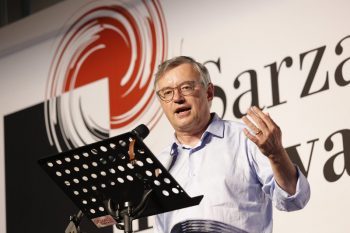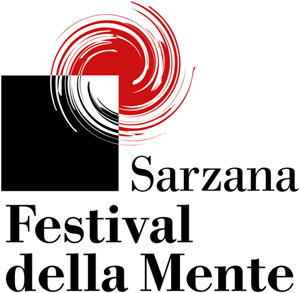2011 Programme
Evento n.7
Alessandro Barbero
How did Middle Ages men think? The friar
Salimbene from Parma was a Franciscan friar who as ashamed to beg because, an aristocrat of birth, he was supposed to ride horses, have a good time at tournaments, and courting beautiful women. As a young man, Salimbene had blindly believed end-of-the-world prophecies, and had been terribly disappointed to find out they were not true. He was moved to tears by the humanity of Saint Louis, the king of France, but could not refrain from admiring the brilliant excommunicated emperor Frederic II. Salimbene wrote in Latin interspersed with biblical quotations, but thought in a Po River Valley dialect. He had no regard for anyone and he was inclined to make politically incorrect statements, as when he dubbed southern Italians homines caccarelli et merdaçoli. Through his monumental work entitled Cronaca we discover that a Middle Ages friar could be far more entertaining and unprejudiced than we would ever expect.
Alessandro Barbero, historian and writer, is Professor of Medieval History at the University of Eastern Piedmont and Vercelli. He contributes to the programmes “Passato e presente” and “a.C.d.C.” aired on Rai Storia. Since 2023 he has been the star of the programme “In viaggio con Barbero”, on LA7. In the same year he started for Chora Media “Chiedilo a Barbero”, a podcast in which he answers questions on history sent in by listeners. Among his publications: “Le parole del papa” (2016), “Caporetto” (2017), “Dante” (2020), 2All' arme! All'arme. I priori fanno carne” (2023), published by Laterza; “Gli occhi di Venezia” (2011) and “Le Ateniesi” (2015), published by Mondadori; “Costantino il vincitore” (Salerno, 2016); “Il divano di Istanbul” (2011), “Alabama” (2021), “Poeta al comando” (2022) and “Brick for stone” (2023), published by Sellerio.
Evento n.6
Zygmunt Bauman
Reflections on the notions of community and network, on social networks and Facebook

Evento n.14
Gian Carlo Calza
Different, eccentric, extraordinary: aesthetics and creativity between Asia and the West

Evento n.26
Franco Borgogno
In other people’s hearts and minds. A psychoanalyst between tradition and creativity

Evento n.37
Sonia Bergamasco, Fabrizio Gifuni
A quiet sunny day. Attilio Bertolucci and Pier Paolo Pasolini, a friendship in verse






















